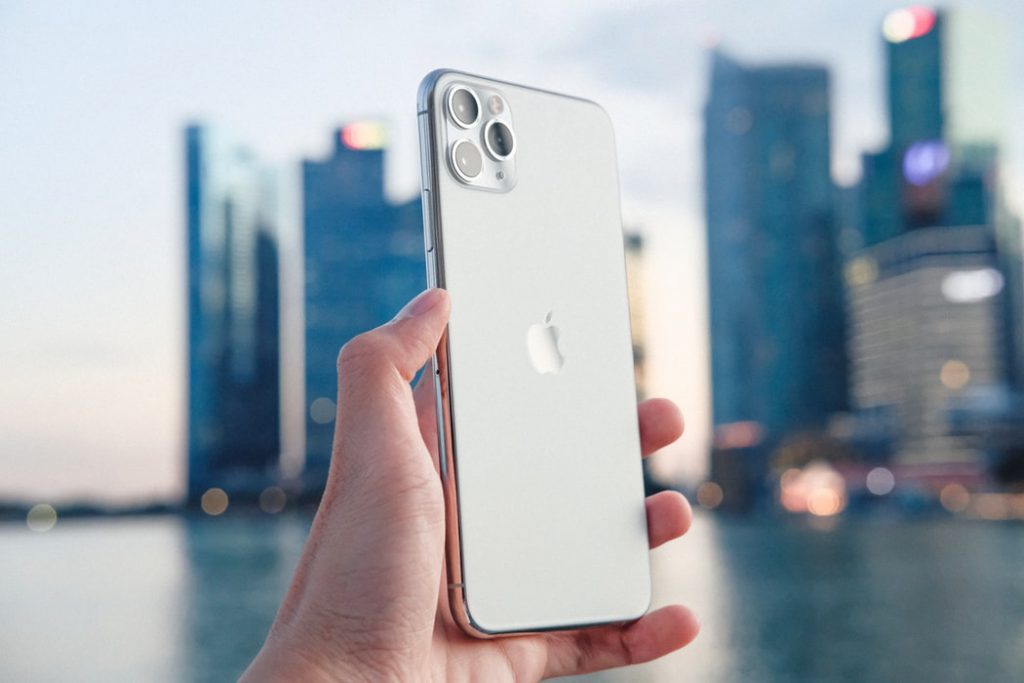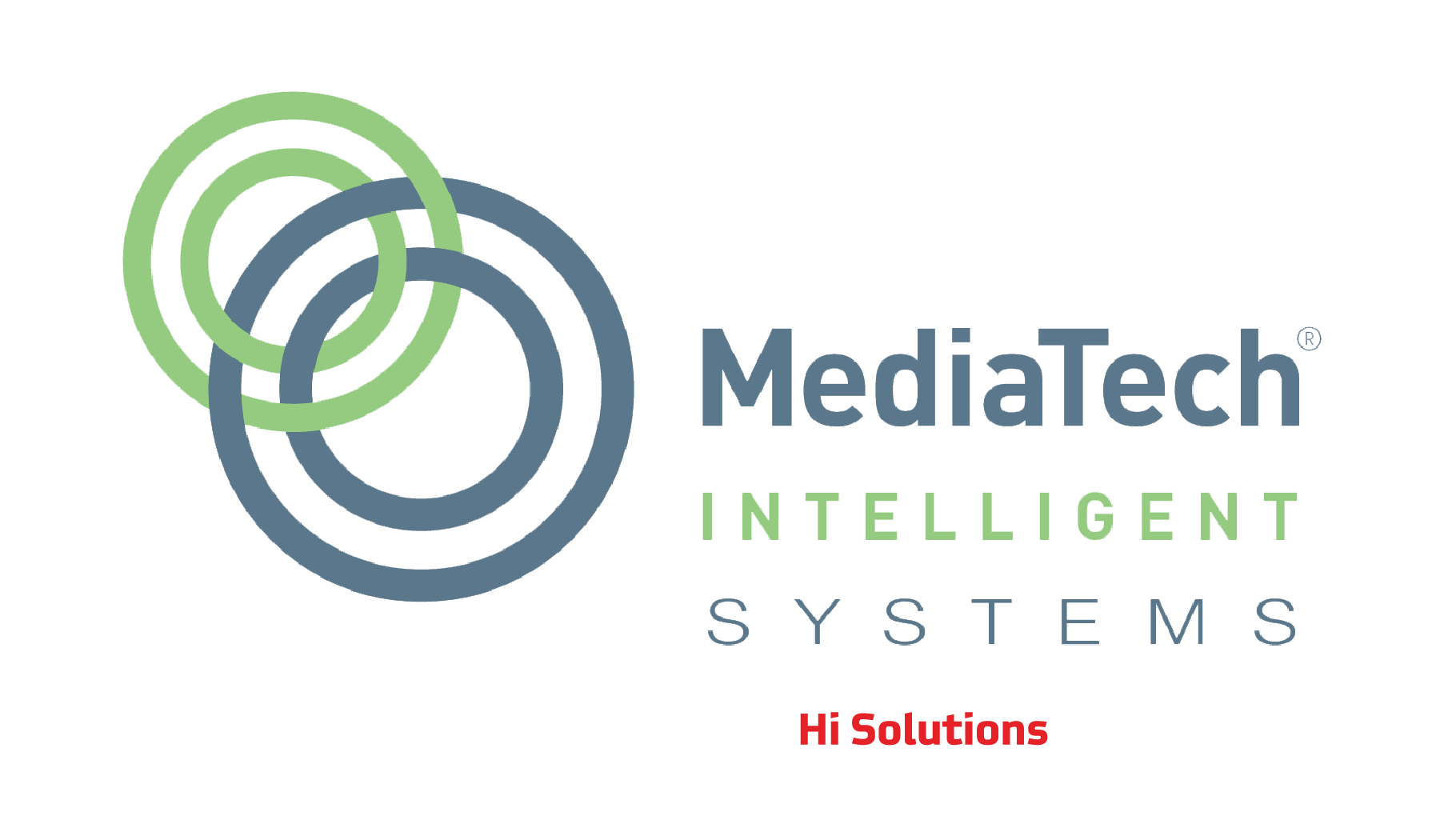
5G is the next step in mobile internet connectivity, and it’s already arriving in limited capacities. But what is it exactly? And what does it mean for consumers?
We’ve broken down this massive upgrade in technology to let you know just what you’re getting…and what you’re not.
What is 5G?
5G is the next generation of mobile broadband. This cellular data transmission technology leverages several different types of RF (radio frequency) communications to create a network that is more reliable. Featuring faster download and upload speeds, 5G is up to 100 times faster than 4GLTE.
What’s the Difference Between 4G and 5G?
4G tech caps out at just 100 megabits per second (MBPS). But 5G is capable of delivering data streams nearing 10 gigabits per second (GBPS).
5G won’t just amp up your cellular experience, either. These faster data speeds far exceed the fastest home broadband network options on the market today.
5G: The Good
The telecom industry is trying to address a serious uptick in bandwidth required by the internet of things. Simply put, all the mobile and tablet devices around the world need to stream 4K video. The future of autonomous vehicles requires their onboard technology to need to know where they are and how to navigate traffic within inches of space. These are only a few of a myriad of examples of devices hogging internet bandwidth.
5G will open up a world of opportunities to alleviate the expanding pressures and usage where mobile data is concerned, making it easier for consumers to access what they want, when they want it.
5G: The Bad
Currently, 5G is useless inside a building. Most designers are not yet even considering how to get this tricky signal to propagate inside your home or business because of this reason. So if you’re looking for relief from your ISP bill, you won’t find that anytime in the near future.
In addition, there has been an increase in concern from those who fear the potential negative health effects of RF radiation. There is still no scientific evidence to support the potential negative health effects of RF radiation. In fact, decades of studies have found no link between cell phones and cancers like brain tumors.
5G: The Ugly
While 5G brings exponentially faster speeds than 4G, the downside is that it’s coverage area is far smaller. And as we mentioned above, it can’t penetrate through walls as easily as 4G can, either.
What does this all mean? More towers! Because the frequencies that will be used for 5G do not travel as far and maintain reliability, more towers will be needed to be installed and much closer together.
For more of the latest in technology, visit our MediaTech website or check out our blog!

